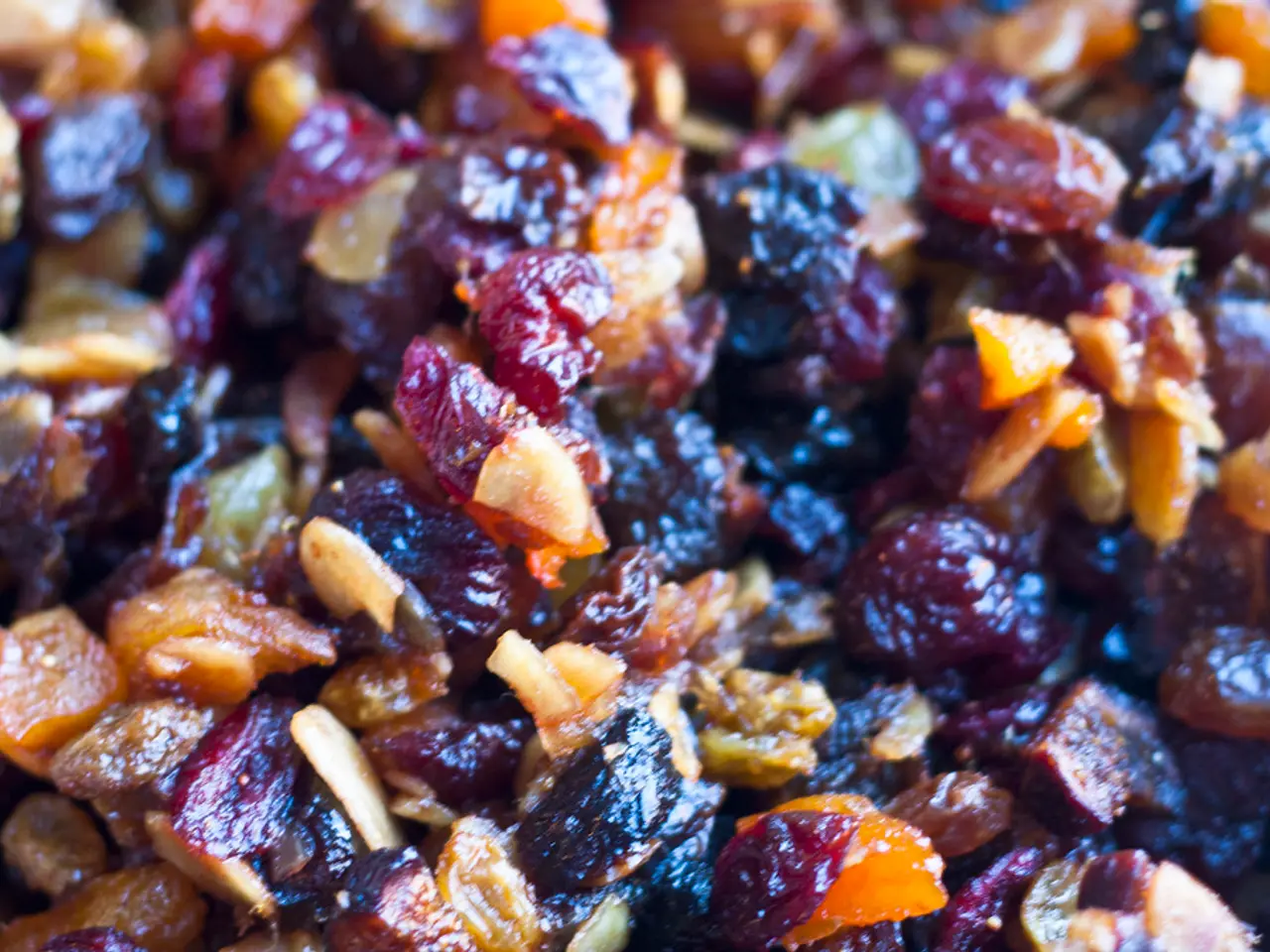Excessive intake of this so-called 'healthy fat' might be contributing to your expanding waistline, according to new research.
Olive oil, the heart-healthy staple of the Mediterranean diet, might not be as benign as we thought when it comes to weight gain. Recent studies show that the main fatty acid in olives, oleic acid, may boost fat cell production, potentially leading to increased fat storage and eventual obesity.
Dr. Michael Rudolph, assistant professor of biochemistry and physiology at the University of Oklahoma, likens fat cells to an army. When given excessive oleic acid, it increases the number of 'fat soldiers', creating a larger capacity to store excess dietary nutrients. Over time, if these nutrients surpass the number of fat cells, obesity could occur, potentially leading to cardiovascular disease or diabetes if unchecked.
The researchers found that high levels of oleic acid change the activity of two proteins, AKT2 and LXR, causing precursor cells to form new fat cells at a faster rate. This activity was not observed with other fats. However, the findings do not suggest abandoning olive oil. Instead, it is suggested that a balanced and diverse fat intake, including moderation in olive oil consumption, is essential to minimize potential negative metabolic effects associated with high oleic acid intake.
While oleic acid is known for its anti-inflammatory effects and other health benefits, the recent findings highlight the importance of moderation when consuming oleic acid-rich foods. Excessive consumption, particularly through diets heavy in processed foods high in oleic acid, could result in unintended weight gain by increasing fat cell number, not just fat cell size. So, keep enjoying that delicious olive oil, but remember, moderation is key!
- The increased production of fat cells due to excessive oleic acid, as seen in olive oil, could potentially lead to health issues such as cardiovascular disease or diabetes if not managed properly.
- In the realm of health-and-wellness, maintaining a balanced and diverse fat intake, including controlled olive oil consumption, is crucial to avoid potential negative metabolic effects related to high oleic acid consumption.
- The science behind nutrition suggests that a heart-healthy diet like the Mediterranean, which includes olive oil, needs to be balanced and diverse to prevent unintended weight gain from oleic acid-rich foods.
- Recent research in the field of biochemistry and physiology has shown that high levels of oleic acid can cause precursor cells to form new fat cells at a faster rate, a process that is not observed with other fats.
- The fitness-and-exercise community should be aware that excessive consumption of foods high in oleic acid, particularly processed foods, could result in unwanted weight gain due to increased fat cell number, rather than just expanded fat cells.
- Olive oil, with its anti-inflammatory effects and numerous health benefits, should not be completely avoided, but its consumption should be moderated to ensure a healthy diet, balanced weight management, and prevention of obesity.








